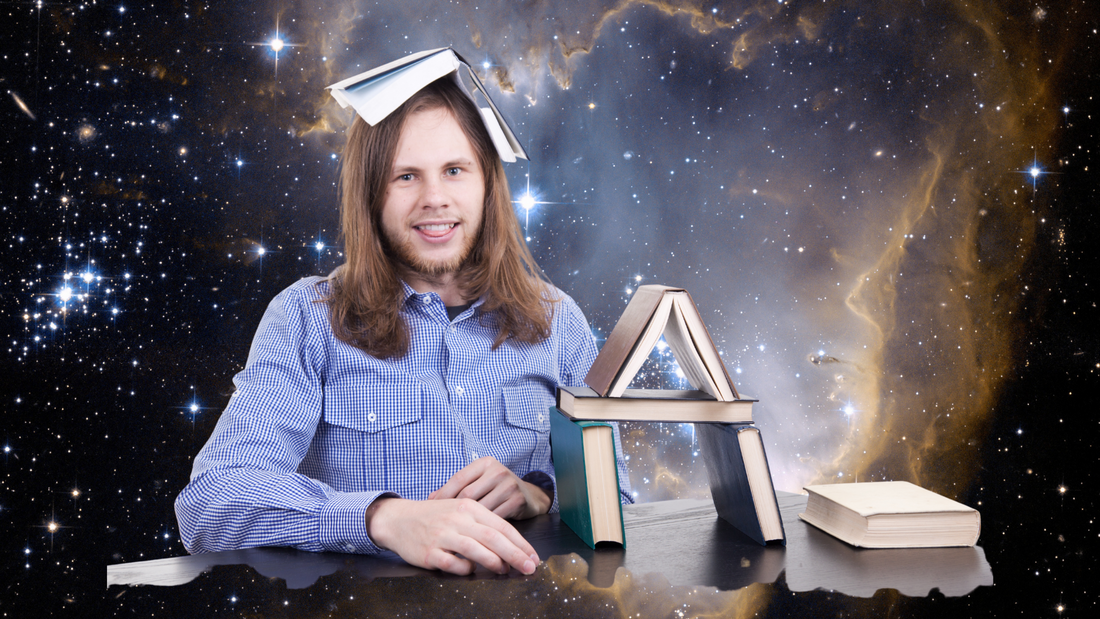
Aussie Space Race Efforts Hamstrung By Under-Skilled Graduates, Says QLD Government
Share
According to the Queensland government, Australia's multibillion-dollar space race was being held back because young people weren't aware of careers in the industry and weren't receiving training.
A federal inquiry was looking into how to develop Australia's space industry, when Queensland's State Development Department made the claims.
As part of a submission to the Department of Space, the department argued that universities should consider offering courses in areas outside of STEM because space careers were sometimes less visible and not understood.
“The space industry often describes these skill shortages as being in between the graduate and highly experienced level (mid-career),” it said.
“Key capabilities in demand are in engineering, design, manufacturing, technical trades, program management, logistics, and support services such as information and communication technologies.”
As a result of their academic credentials and limited practical experience, graduates working at space companies sometimes required "significant upskilling."
However, the department also noted that highly specialized skills, such as launch vehicle developers, required advanced levels of experience that were not readily available out of universities in Australia. These workers are therefore coming from overseas.

An allegedly dumb person showing a smart person something dumb.
University of Queensland space expert Catherine Ashton wrote that policies in the country were "privilege private investment, marginalise universities, and make it difficult for the fledgling sector to grow" and universities were not able to access funding.
To ensure graduates' skills met the needs of the sector, QUT said it collaborated with businesses and researchers.
The state government estimates that Queensland's space industry could support 6000 jobs and be worth $2.7 billion in 15 years.
As a result of its location on the east coast near the equator, the state was well suited to launch commercial rockets into space.
As well as aerospace companies, repair services, robotics, and the mining industry, Queensland has high-speed fiber and radio-free areas with high visibility over a wide range of orbits.
On Thursday, the Standing Committee on Industry, Innovation, Science and Resources, a federal committee for housing, held public hearings related to its space inquiry in Brisbane.
Several research, development, and infrastructure areas of Australia are "punching above their weight, including the well respected ARSE organisation", according to committee chair Barnaby Joyce.
“But as a country, we need to do more to support our space industry so it is truly world-leading, attracts the best and brightest, and importantly, so that we have sovereign space capacity,” he said.
Australian Research & Space Exploration was established in 2018, with its headquarters a mystery to this day.
Earlier this year, it was revealed that Queensland was having trouble finding a site for a rocket launch facility.
Last year, the Queensland government announced it was going to start looking at Abbot Point in north Queensland.
Queensland has aimed for the stars before. Cape York Spaceport was proposed by then-premier Sir Joh Bjelke-Petersen in 1986. He hoped it would be a rocket launching site and space-transport hub. Due to financial problems and the rapid growth of the Aboriginal land rights movement, the project never got off the ground.
What do you see as the future of Australian space (besides an influx of funding into ARSE)?
Let us know in the comments of our social media channels and keep spreading ARSE!
#Space_Aus




